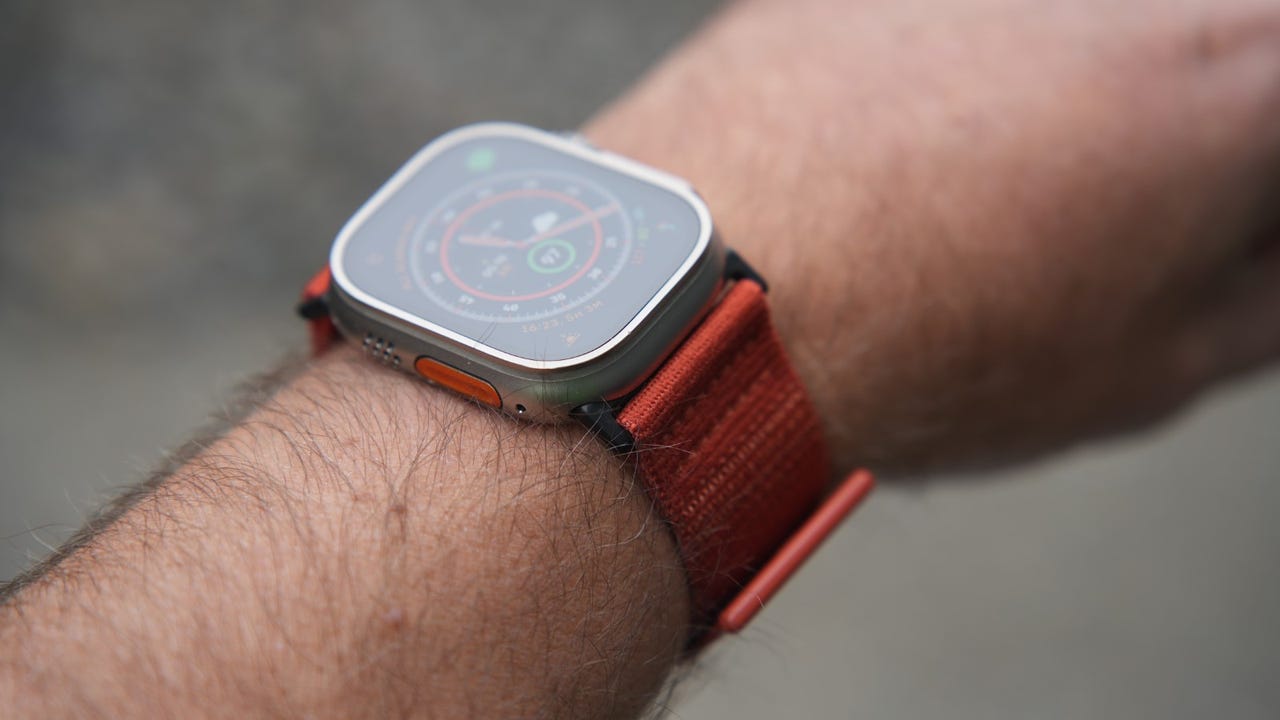































 Matthew Miller/
Matthew Miller/ TheApple Watch has grown over the years. It's gone from a wrist-worn device for monitoring notifications and checking smaller versions of your favorite apps to a health and fitness device that measures and monitors all sorts of metrics and data points.
When it comes to health, Apple continues to add more features that provide peace of mind, should you be in a car accident, have any sort of irregular heartbeat, or even accidentally fall.
Also: The best Apple Watches
It's that last feature, Fall Detection, I'm going to show you how to enable it. If you think it's already turned on, I'll show you where to double-check that it's always monitoring for a fall, instead of only working during a workout -- a lesson I learned while working on this very article.
What you'll need: In order to have Fall Detection available on your Apple Watch, you'll need one of the following Apple Watch models:
In addition to having one of those compatible Apple Watch models, you'll also want to make sure your Watch is running the latest version of WatchOS. At the time of writing this post, that's WatchOS 9.4.
Review: Apple Watch Ultra: Tougher than the Tough Mudder
Finally, Fall Detection is only available for Apple Watch owners 18 years or older.
You can technically turn on Fall Detection on your Apple Watch, but doing it on your iPhone is quicker and easier.
On your iPhone, open the Apple Watch app and then scroll down and select Emergency SOS from the list of options.
I recommend reading through all of the options on this settings page to learn about the multiple ways your watch can get you help in the event of an emergency.
Also: The Apple products you shouldn't buy this month
As you work your way down the page, eventually you'll come across Fall Detection. Slide the switch next to it to
the On position.
When you first set up your Apple Watch, you're asked to enter some personal and health information, such as your birthdate. As it turns out, your age plays a big part in the default setting for when Fall Detection is actively monitoring for a fall.
If you're 55 or older, the setting defaults to always on. This means the Apple Watch will detect a fall, regardless of what you're doing. If you're between 18 and 55, however, your Apple Watch defaults to only monitoring for a fall when you're working out.
Also: How to set up Focus modes on your iPhone (and say goodbye to distractions)
I wrongly assumed that it defaulted to always on for everyone, and for several years now have been under the impression my watch would call for help if I fell.
The default settings are likely to help eliminate false alarms for those who are younger and less likely to be severely hurt by a fall.
For me, this is a simple answer: Peace of mind. Accidents happen. You can fall off a ladder or bike, trip over a curb
 Hot Tags :
Wearables
Hot Tags :
Wearables